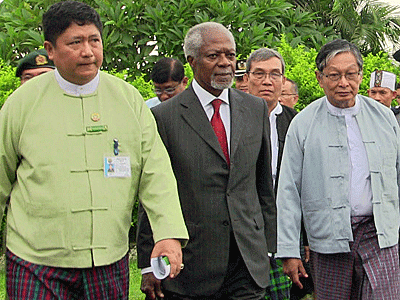
Former U.N. Chief Kofi Annan and members of the advisory commission arrive in Sittwe, western Myanmar’s Rakhine state, Sept. 6, 2016.
Yangon, Myanmar, MINA – A commission tasked with finding solutions to complicated issues in Myanmar’s western Rakhine state is scheduled to submit its final recommendations to the government by mid-August.
Also Read: UN Experts Warn Right Violations in Kashmir by Indian Authorities
A member of the advisory commission led by former United Nations Secretary General Kofi Annan said on Saturday that they had been finalizing the report in Geneva for the past several weeks.
“We are pretty sure [we will be able to] present the final recommendations to the Myanmar government by mid-August,” said the commission member, Aye Lwin, in an email to Anadolu Agency.
He said the final report includes recommendations for a durable solution to conflicts between ethnic Rakhine Buddhists and stateless Rohingya Muslims.
“But it will not include the recent alleged human rights violations in Rakhine’s north,” he said, adding the commission’s mandate is to just find out the root cause of the problems, not to investigate the rights violations by the security forces.
Also Read: At Least Nine Children and One Woman Killed in Pakistani Airstrike on Afghanistan
“A commission is working separately on the allegation against the security forces,” said Aye Lwin, referring to the government-appointed investigation commission led by Vice President Myint Swe, who is a former army general.
Nobel laureate Kofi Annan was appointed as chair of the Rakhine State Advisory Commission in August last year to advise the government in resolving the Rakhine issues.
Slow progress
Also Read: Pakistan Condemns Israeli Settler Attacks in West Bank, Al-Aqsa Storming
The commission published its interim report in mid-March which includes steps Myanmar’s government can take to immediately improve the situation in Rakhine including urgent training for security forces for better respect of human rights, closure of all camps for internally displaced persons and allowing Muslim representation in local administrations.
A senior official at the Rakhine regional government told Anadolu Agency that they, in collaboration with the union government, are implementing a number of the commission’s recommendations such as humanitarian and media access, training of security forces, issuance of birth certificates and bilateral relations with Bangladesh.
However the progress has been slowed due to the several challenges they are facing in implementation, admitted the official who asked not to be named as he was not authorized to speak to the media.
“In addition to the challenges, these need more time to be implemented than we expected,” he said without elaborating on the challenges.
Also Read: China Criticizes US-Drafted UN Gaza Resolution as Vague, Abstains from Vote
Only part of the recommendations were completely implemented by authorities after more than four months.
“However we successfully closed three camps as the commission recommended,” said the official.
At least 55 families of ethnic Kaman Muslims from a camp in Ramree Township — one of the three camps closed by authorities — were forcibly relocated to the country’s commercial city, Yangon, instead of their original villages due to security concerns.
Also Read: Former Bangladesh PM Sheikh Hasina Sentenced to Death
Poor at delivering results.
New York-based Human Rights Watch on Saturday described the relocation of Kaman Muslims as a “shoddy and shameful way” of the government led by State Counselor Aung San Suu Kyi.
“The slow implementation of these interim recommendations exposes the government is foot dragging on recommendations they don’t like,” said HRW’s deputy Asia director, Phil Robertson.
Also Read: Pakistan Declares State of War After Car Bomb Incident
“For all of Aung San Suu Kyi’s big promises, she is surprisingly poor at delivering results,” he told Anadolu Agency in an e-mail.
He expressed his worry that, if it comes to implementing recommendations versus not offending Rakhine extremists and their allied nationalists, Suu Kyi and her government will opt for the latter, regardless of the circumstances.
Phil Robertson said it was absolutely critical for the commission to recommend in its final report a way forward to end the restrictions on freedom of movement for Rohingya Muslims who have been denied citizenship and basic rights.
“If Rohingya cannot move without fear of being attacked, arrested or extorted, how can they survive economically to obtain basic necessities that can mean the difference between life and death?”
Also Read: Jakarta Hosts Gala Dinner for World Peace Forum Delegates
The situation of around 1.2 million Rohingya has been worsening since communal violence broke out in Rakhine state in mid-2012.
The issues reached a boiling point after military launched a crackdown following a gang’s killing of nine police officers in northern part of the Rakhine in October last year.
During the operation, UN and rights groups documented evidences of atrocities by security forces against the Rohingya civilians. However Myanmar government blocked the entry of a UN fact-finding mission to investigate the alleged rights violations which may amount to crimes against humanity.
Given that situation, Robertson said the advisory commission had to break the cycle of repression in the Rakhine state.
Also Read: Indonesian Minister Urges Synergy Between Wasathiyah Islam and Chinese Wisdom
“Kofi Annan needs to get directly involved now to get renewed commitments from Suu Kyi and her government that all of the commission’s recommendations will be supported and implemented,” he said.
“And he must be very clear that any effort to sideline or drop the final report’s conclusions and recommendations will be met with strong and continuous denunciation by the commission and its supporters in the international community.” (T/RS5/RS1)
Mi’raj Islamic News Agency (MINA)
Also Read: New Delhi Covered in Toxic Smog: Residents Say ‘We Can Hardly Breathe’






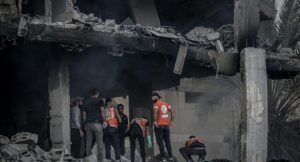

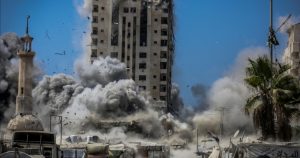





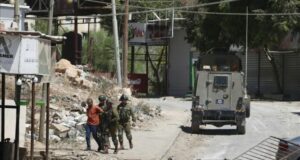
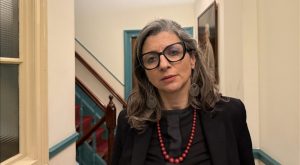
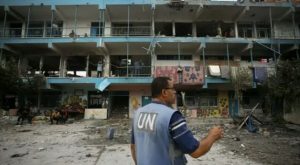
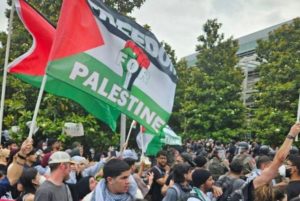
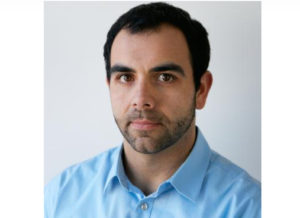






 Mina Indonesia
Mina Indonesia Mina Arabic
Mina Arabic